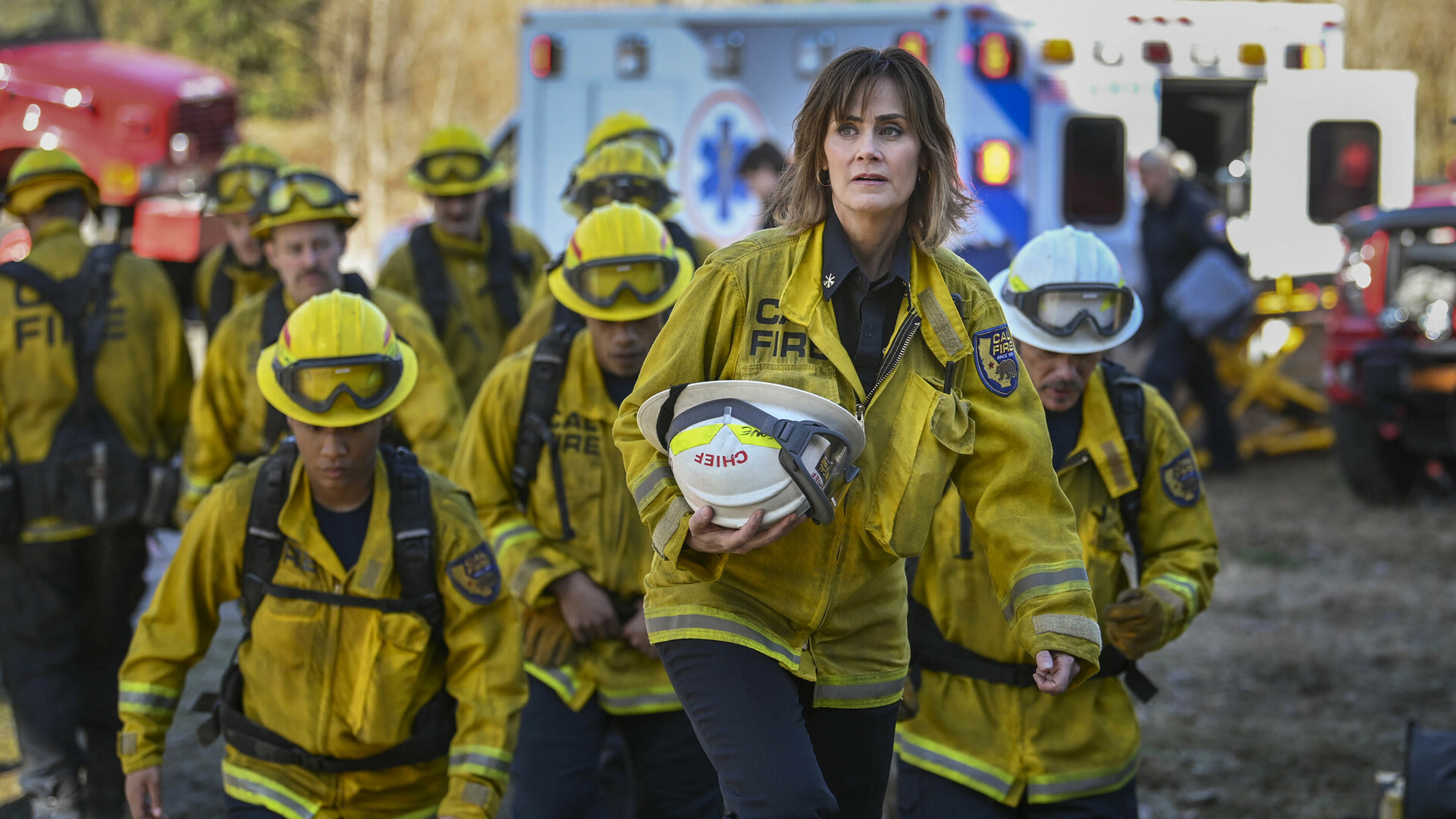
The Silent Struggle Behind the Flames
While Fire Country delivers thrilling action scenes and intense firefighting moments, one of its most powerful undercurrents is the honest portrayal of mental health challenges faced by first responders. Firefighters and paramedics often confront traumatic events daily—fatal accidents, devastating fires, loss of colleagues, and life-or-death decisions. However, the psychological toll of such experiences is rarely spotlighted with the nuance and respect it deserves.
The series breaks this silence by exploring the emotional wounds hidden beneath the flame-resistant gear. Through characters like Bode Donovan and Gabriela Perez, viewers witness anxiety, PTSD, survivor’s guilt, and depression—conditions that often go unspoken in male-dominated, high-stress professions.
Trauma Is Real: Authentic Depiction of Psychological Impact
Fire Country doesn’t reduce mental health to a single episode or side story; instead, it integrates it as a persistent and evolving theme. The show realistically depicts symptoms such as flashbacks triggered by certain sounds or sights, nightmares, insomnia, and heightened irritability.
For example, Bode’s flashbacks to a tragic fire that changed his life aren’t just cinematic devices—they reflect real symptoms firefighters endure after trauma. His struggle to maintain composure on the job while battling internal chaos resonates with many viewers who have faced or known someone with PTSD.
This nuanced depiction challenges the cultural stigma that “tough guys don’t cry” and that emotional struggles are signs of weakness. Fire Country emphasizes that healing is a journey, not a quick fix.
Brotherhood and Peer Support: Lifelines Amidst Chaos

One of the show’s most compelling aspects is how it illustrates the importance of camaraderie and peer support in managing mental health. Firefighting teams are often described as “brothers and sisters in arms,” and Fire Country brings this to life through scenes of vulnerability and solidarity.
Characters openly discussing their fears, frustrations, and grief during group debriefings and downtime breaks down the traditional barriers that prevent first responders from seeking help. Mentorship plays a critical role, as more experienced firefighters guide younger recruits through both technical skills and emotional resilience.
The show also portrays the challenges of accessing formal counseling, from stigma to limited resources, mirroring real-world issues. By addressing these, Fire Country advocates for improved mental health services tailored to first responders’ unique needs.
The Ripple Effect: Impact on Families and Communities
Fire Country doesn’t isolate the mental health struggles to the individuals alone; it thoughtfully portrays how trauma and stress ripple into families and relationships. The show reveals how spouses, children, and friends cope with the anxiety of fearing for their loved ones’ lives.
For example, Sharon Leone’s balancing act between her demanding leadership role and being a mother highlights the emotional strain firefighting careers impose on family life. This multidimensional approach adds emotional depth, showing that mental health is a shared concern affecting entire communities.
Raising Awareness and Changing Perceptions
By weaving mental health narratives into its core, Fire Country plays a significant role in raising public awareness and reducing stigma. The series encourages empathy toward first responders and underscores the urgent need for societal support systems.
In addition, it empowers firefighters and paramedics watching the show by validating their experiences. Seeing their realities reflected on screen can encourage individuals to seek help and foster a culture of openness within firefighting communities.
Conclusion: A Powerful, Compassionate Portrayal that Ignites Change
Fire Country transcends the typical firefighting drama by centering mental health as a critical element of its storytelling. Its authentic and ongoing exploration of trauma, resilience, and recovery not only enriches the narrative but also fosters important conversations.
In doing so, the series honors the invisible battles fought by those who risk their lives to protect others—reminding us that true courage includes acknowledging vulnerability and seeking healing.
